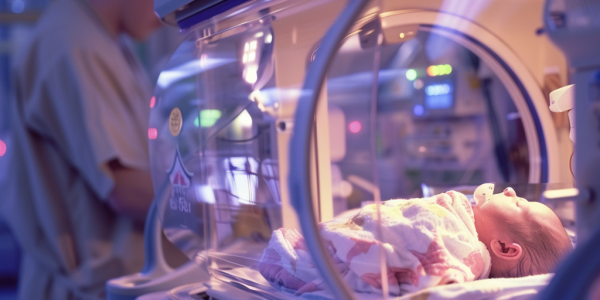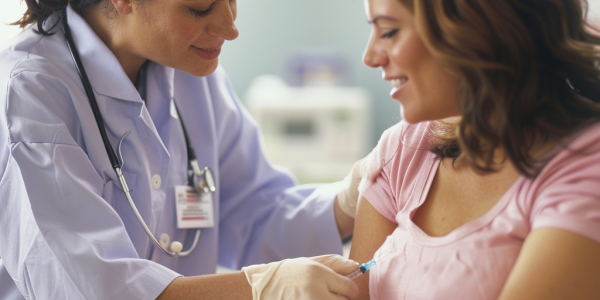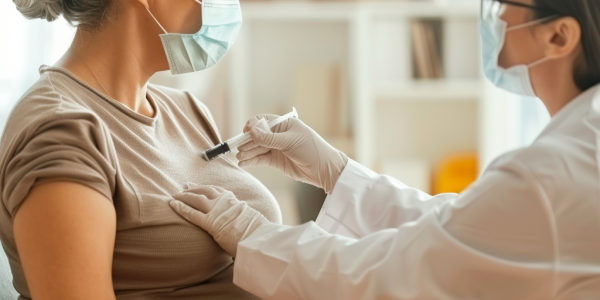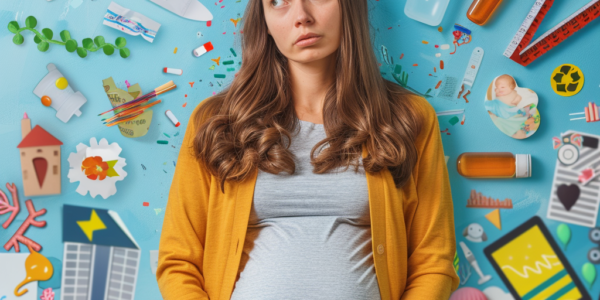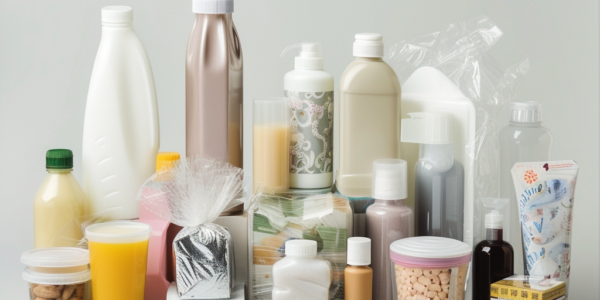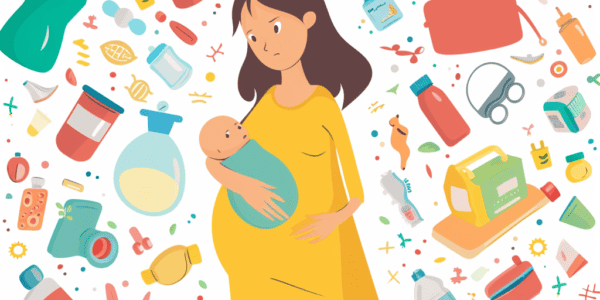Study Questions Effectiveness of Budesonide for Preterm Infants with BPD
A recent study from the Royal Women’s Hospital reveals that combining budesonide with surfactant may not significantly improve survival rates free from bronchopulmonary dysplasia (BPD) in extremely preterm infants. Published in JAMA, the PLUSS trial involved over 1,000 infants and highlights the complexities of treating BPD, a common respiratory condition in preterm babies. Further research is essential to refine treatment protocols and enhance neonatal care.
Real-World Data Confirms Safety of RSV Vaccination in Late Pregnancy
A recent study confirms the safety of RSV vaccination in late pregnancy, with no increased risk of preterm birth or poor outcomes. Real-world data supports the safety of Pfizer’s Abrysvo vaccine, providing confidence in its use during pregnancy. The study emphasizes the importance of real-world evidence in assessing vaccine safety and the need for additional data beyond clinical trials. RSV infections pose a significant risk to infants, making the vaccine’s approval for pregnant women a milestone in prevention. Further research analyzed over 3,000 patients to evaluate the vaccine’s safety profile, contributing valuable insights to public health policies.
Yale Study Finds No Link Between COVID-19 Vaccination and Stillbirths
A recent study by Yale researchers found no link between COVID-19 vaccination and stillbirths, with pregnant women who received the vaccine actually having a decreased risk of preterm birth. The study aimed to reassure expecting parents about the safety of COVID-19 vaccines during pregnancy, highlighting the importance of vaccination in preventing COVID-19-related hospitalizations and morbidity for pregnant women.
Rising Preterm Birth Rates in the U.S. Cause Concern Among Experts
New federal data from the CDC shows a 12% increase in preterm births in the U.S. between 2014 and 2022, leaving doctors puzzled. Factors such as obesity, hypertension, diabetes, and environmental exposure to hormone-disrupting chemicals and air pollution are believed to be contributing to the rise. Preterm births, accounting for 1 in 10 births in the U.S., can lead to severe health effects on infants.
Rise in Premature Births Linked to Synthetic Chemicals in Food Packaging and Personal Care Products
A new study suggests that synthetic chemicals found in food packaging and personal care products, known as phthalates, could be contributing to the rise in premature births. These ‘everywhere chemicals’ have been shown to disrupt hormones and impact the functioning of the placenta, potentially triggering preterm labor. The study identified a specific phthalate, DEHP, commonly found in food packaging, as a significant contributor to preterm births, raising concerns about their potential impact on public health.
Increase in Preterm Birth Rates and Racial Disparities in the US
A recent analysis from the National Center for Health Statistics (NCHS) has revealed a concerning trend in the United States – the rate of babies born prematurely has increased by 12% from 2014 to 2022, reaching nearly 8.7%. This analysis…
Study Links Exposure to Certain Chemicals in Baby Products to Premature Birth
A recent study conducted by researchers at UC Davis has revealed a potential link between exposure to certain chemicals found in baby products and premature birth. The study, published in the journal Environmental Health Perspectives, suggests that exposure to organophosphate…
Study Reveals Lower Calcium Dosage for Pregnant Women to Reduce Preeclampsia Risk
A recent study conducted by a team of researchers from St. John’s Research Institute and Medical College has revealed groundbreaking findings regarding the required dosage of calcium for pregnant women to reduce the risk of preeclampsia. The study suggests that…
Human Trials for Artificial Uterus Could Be Approved This Year
Scientists have announced human trials for an artificial uterus could be approved this year, bringing hope to the 15 million infants born prematurely each year in the US. A team at the Children’s Hospital of Philadelphia successfully tested the womb…

